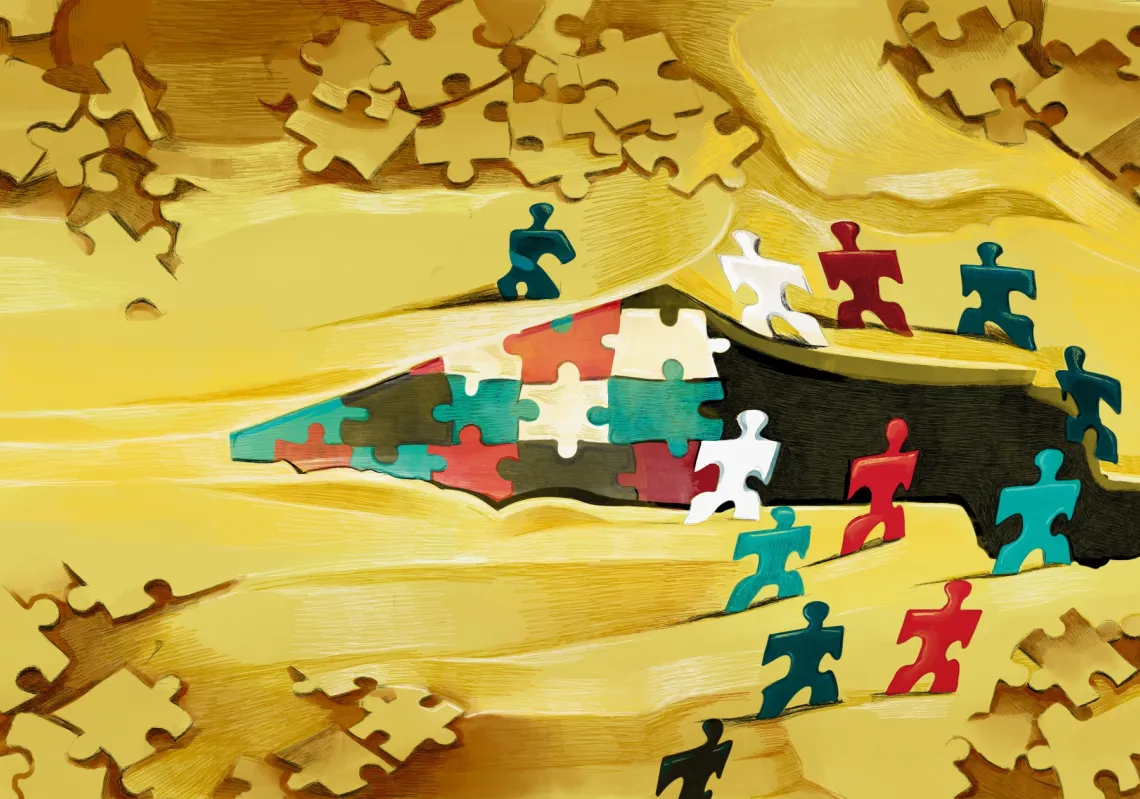New York City: Carl Phillips’ debut poetry collection 'In the Blood' was published in 1992. Since then, Phillips has drawn the attention of critics for his uniquely intimate poetry and beautiful description of contradictions within the human soul.
Since his debut, Phillips has published 13 collections and several critiques, earning him a rightful place amongst the most influential contemporary American poets.
Phillips’ poetry does not shy away from tackling themes that are especially relevant today, such as identity, race, gender, politics, and morals. Though his poetry is grounded in current events, Phillips actually belongs to a long line of poets of great interiority, from George Herbert (1593) to Emily Dickinson (1830) to Li-Young Lee (1957).
Phillips admits to tailoring his poetry for his own purposes, delicately stitching together elusive poetic tapestries laced with honesty but also privacy.
Recently, Phillips was awarded a Pulitzer Prize for Poetry for his poetry collection 'Then the War: And Selected Poems' (2007-2020), published last year.
Congratulations to @CPhillipsPoet, @fsgbooks and @WUSTL. #Pulitzer pic.twitter.com/xtKWW28myW
— The Pulitzer Prizes (@PulitzerPrizes) May 8, 2023
“A masterful collection that chronicles American culture as the country struggles to make sense of its politics, of life in the wake of a pandemic, and of our place in a changing global community,” the Pulitzer Prize announcement said of the collection.
“Ultimately, Phillips rejects pessimism, opting for human connection as a profound force for revolution and conjuring a spell against indifference and the easy escapes of nostalgia."
"'Then the War'" is a luminous testimony to the power of self-reckoning and to Carl Phillips as an ever-changing, necessary voice in contemporary poetry.”
The Pulitzer Prize added: “Carl Phillips has aptly described his work as an ‘ongoing quest’; ‘Then the War’ is the next step in that meaningful process of self-discovery for both the poet and his reader."
"The new poems, written in a time of rising racial conflict in the United States, with its accompanying violence and uncertainty, find Phillips entering deeper into the landscape he has made his own: a forest of intimacy, queerness, and moral inquiry, where the farther we go, the more difficult it is to remember why or where we started.”












